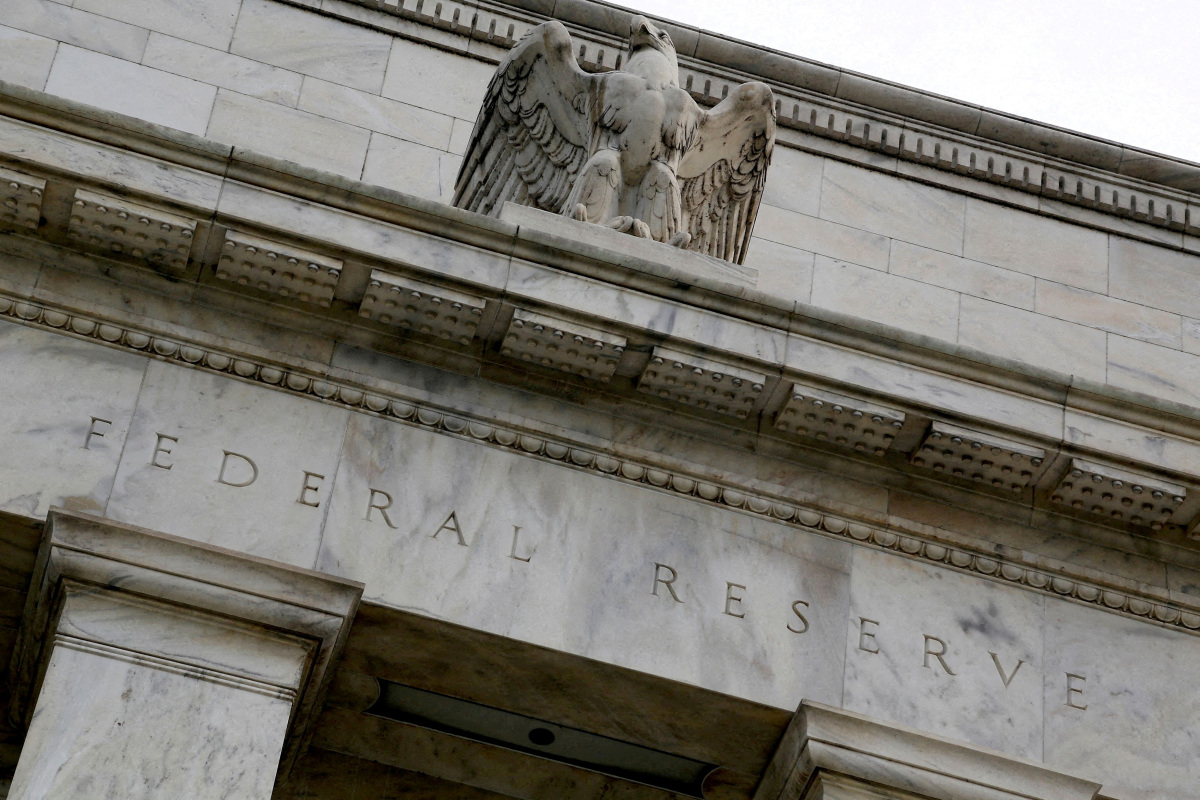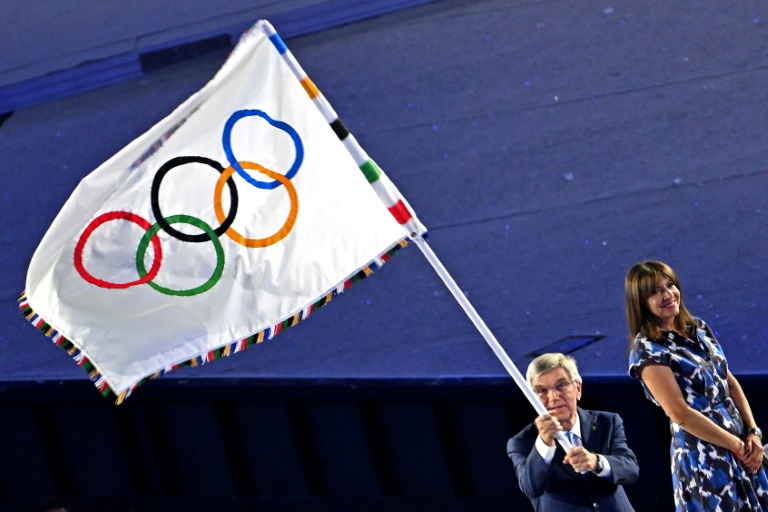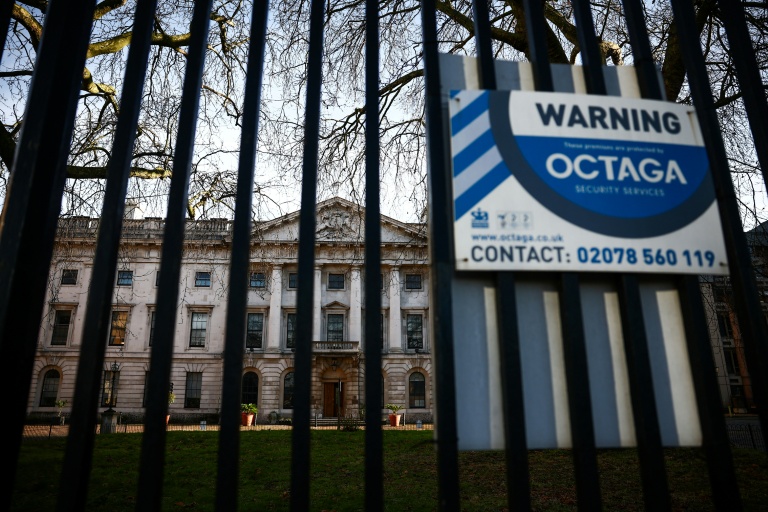Reuters
A look at the day ahead in Asian markets from Jamie McGeever.
There’s a reason investors are warned not to fight the Fed, but sometimes they still need to learn the hard way.
When the second most powerful central bank in the world is standing shoulder to shoulder with the Fed too, markets are bound to get a bloody nose.
This is essentially what happened last week – a sea of red across Wall Street and world stocks after the Fed and European Central Bank raised interest rates by 50 basis points and gave the clearest signals to date that they are far from done.
Of course, the Fed is nearer the end of its rate-hiking cycle than the ECB, which is perhaps why rates markets continue to bet on a pivot by Fed Chair Jerome Powell later next year even though he is adamant there won’t be one.
U.S. recession and global slowdown fears ratcheted up on Friday after the weakest U.S. PMI figures in over two years were released. Earlier in the week, U.S. retail sales and a swathe of Chinese data significantly undershot forecasts too.
And this is the economy into which central banks around the world are still jacking up interest rates?
This sets the tone for the week in Asia, where the set pieces will be monetary policy decisions in Japan and Indonesia, the minutes of the RBA’s last policy meeting, and inflation readings from Japan, Hong Kong, Malaysia and Singapore.
The BOJ is expected to keep its key lending rate at -0.10% and reaffirm its ‘yield curve control’ commitment to cap the 10-year government bond yield at 0.25%.
But in a notable departure from the past few decades, hawkish voices within the BOJ are making themselves heard, just as Governor Haruhiko Kuroda’s tenure draws to a close in March.
The decision comes three days before November inflation figures are released. Annual core CPI inflation is expected to inch up to 3.7% in November from 3.6% in October, marking a fresh 41-year high.
Japan core CPI inflation:
Japan headline CPI inflation:
Indeed, Kyodo reported on Saturday that Japan’s government is set to revise a decade-old joint statement with the BOJ that commits the central bank to reach 2% inflation “at the earliest date possible,” making the 2% inflation target a more flexible goal.
Bank Indonesia, meanwhile, is expected to do its version of the Fed shuffle, stepping down the pace of rate hikes to 25 bps from three consecutive 50 bps moves. Most analysts expect the seven-day reverse repo rate to be raised to 5.50% from 5.25%.
A bruising year is drawing to a close. Will there be a Santa rally, even a mini one, in the last week before Christmas?
Three key developments that could provide more direction to markets on Monday:
– German Ifo index (December)
– ECB’s de Guindos speaks
– U.S. NAHB housing market index (December)







